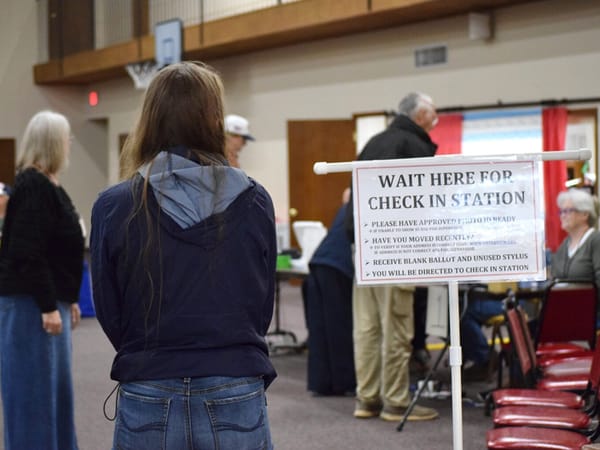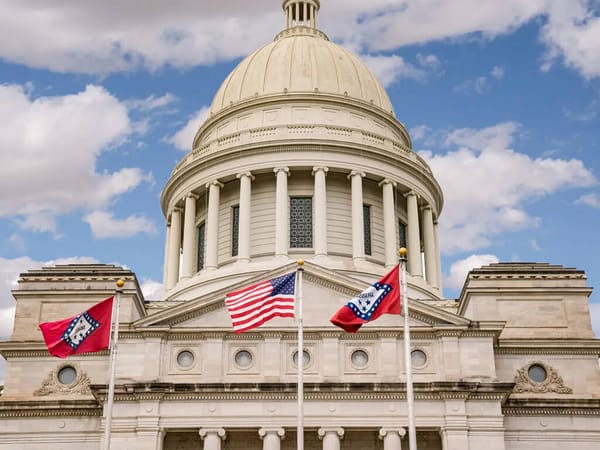In a State With No Toll Roads, Arkansas Drivers Are Still Paying the Price of Fake Fees
Arkansas drivers are being targeted with fake toll road text messages, even though the state has no toll roads. Officials urge caution, advising drivers to delete suspicious texts, avoid clicking links, and report scams to the Attorney General’s office.

The text message can look convincing: a notice of an unpaid toll, a warning of a fine, even the threat of legal trouble. But the Arkansas Department of Motor Vehicles makes it clear that it does not send such messages.
This summer, Arkansans have been targeted by a scam moving across the country. It begins with a text message claiming drivers failed to pay for travel on a toll road. Since Arkansas has no toll roads, the alerts have left many confused and alarmed. Some, rushing to resolve the supposed violation, paid immediately, only to discover later that their money had disappeared.
A Scam Tailored for Travel Season
With pandemic restrictions lifted, Americans are traveling in greater numbers, giving scammers a larger opening. AAA estimated that more than 42 million people traveled over the Memorial Day weekend alone, a surge that allowed fraudulent texts to blend into the noise of the season.
In response, the Department of Motor Vehicles and consumer protection agencies have issued new warnings. Arkansas Attorney General Tim Griffin has also urged vigilance, releasing an advisory that highlights a range of schemes gaining traction during peak travel months.
Beyond Fake Tolls
The attorney general’s office noted that travel scams extend well beyond fake toll notices. Fraudulent booking websites, for example, can appear legitimate until they follow up with phone calls seeking financial details. Concertgoers and festival fans have been targeted with offers of discounted tickets that do not exist.
Other scams include gas money requests from strangers promising repayment, rideshare schemes in which impostors pose as Uber or Lyft drivers and demand cash, and hotel “front desk scams” where guests receive late-night calls from fraudsters claiming a computer error requires immediate credit card information.
Advice From the Attorney General
Attorney General Griffin pointed out that caution is the strongest defense as scams grow more sophisticated. He advised travelers to place travel alerts on debit and credit cards to help detect unusual activity. He also recommended using credit cards instead of debit cards, since they provide stronger protections and make it easier to dispute fraudulent charges.
Griffin further warned against oversharing on social media, noting that posts about vacations can signal to criminals that a home is empty. For those needing cash, he urged the use of ATMs at banks or credit unions rather than standalone machines, which are more vulnerable to card skimmers.
DMV Guidance on Fake Notices
DMV officials emphasized how to avoid scams tied to toll services or motor vehicle notices. Drivers should never click on links in unsolicited text messages. Instead, they should delete the message and mark it as junk. Any questions about fines or fees should be directed only to the state’s tolling authority or a local DMV office, using verified phone numbers or official websites rather than contact details included in a suspicious message.
For those who may have clicked on a fraudulent link, authorities recommend changing passwords immediately, monitoring bank and credit card accounts closely, and disputing unfamiliar charges without delay. Suspected scams involving tolls or DMV notices can be reported through state channels. Additional information is available from the Office of the Attorney General at (501) 682-2007.





